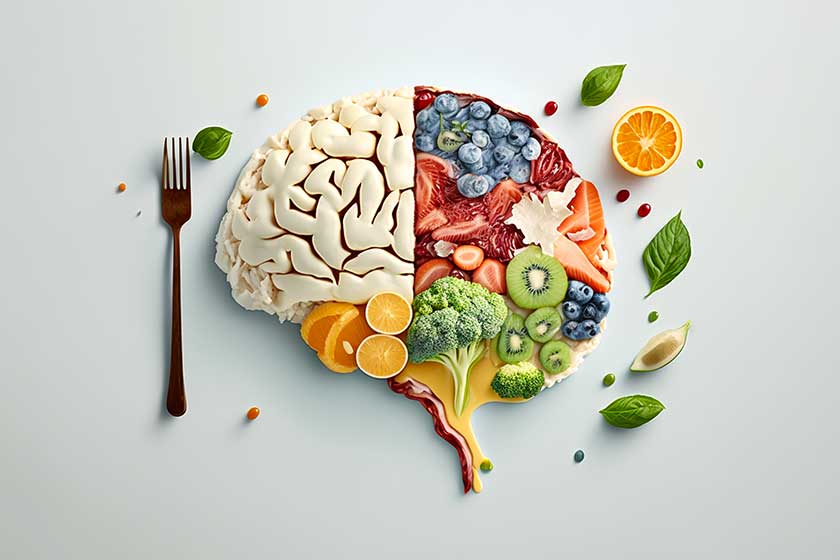One of the best things you can do to help your loved one with dementia is to feed them properly. But what does “feeding properly” mean? For those who don’t have a background in nutrition, it can be hard to figure out how much of each nutrient they need and what kinds of foods contain them. We’re here to make it easier for you! In this article, we’ll talk about nutrition for seniors with dementia and how feeding them well can help improve their quality of life as they age.
Appetite And Taste Buds Change As Dementia Progresses
As dementia progresses, your loved one’s appetite will likely change. Their sense of smell and taste may also be affected as the disease progresses. This can make it difficult for them to enjoy foods they once enjoyed or find new foods they enjoy eating.
Your loved one may also have trouble swallowing if they develop dysphagia (swallowing difficulty). In this case, you’ll want to remember that liquids are easier for people with dementia to swallow than solids, so try serving soups and juices instead of solid food whenever possible.
A Healthy Diet Can Reduce Some Of The Symptoms Of Dementia
As your loved one’s condition progresses and they become less able to care for themselves, you may notice that their memory and cognitive abilities start to decline. This can be distressing for both you and them, but there are things that you can do to help ease their symptoms. One such action would be to encourage them to eat a balanced diet to maintain a healthy weight and keep their blood sugar levels steady throughout the day.
Alzheimer’s Patients Need High-Quality Protein, Essential Fatty Acids, And Vitamins
A diet that contains these nutrients can help prevent or delay the onset of dementia.
- High-quality proteins are essential for brain health because they contain amino acids needed to make neurotransmitters (the chemicals that transmit messages in the brain). This means that without enough high-quality protein, there will be a shortage of neurotransmitters, which can cause problems with memory and thinking skills.
- Essential fatty acids are also important because they affect how well your nerve cells communicate with each other via electrical signals-without them, you won’t be able to think clearly or remember things properly! These fats include omega 3s which come from fish oil supplements or oily fish like salmon; omega 6s which are found in nuts/seeds (macadamia nuts), seeds (sunflower seeds).
Proper Hydration Helps Keep Your Loved Ones With Dementia Healthy And Happy
We all know that proper hydration is important for good health, but it’s especially crucial for those with dementia. Water helps flush toxins from your body and can keep you from feeling sluggish or cranky.
If your loved one has trouble remembering to drink water throughout the day, try setting a timer on their phone or tablet to remind them to take a sip every hour or so. This will help ensure they’re getting enough fluids without having to worry about remembering how much they’ve had already!
It Sets Them Up For Good Health In The Future
A good diet also helps them feel better in general-and when someone feels good physically and emotionally, and they’re more likely to be happy overall! Studies have shown that eating well can reduce depression among older adults with dementia by up to 50%.







